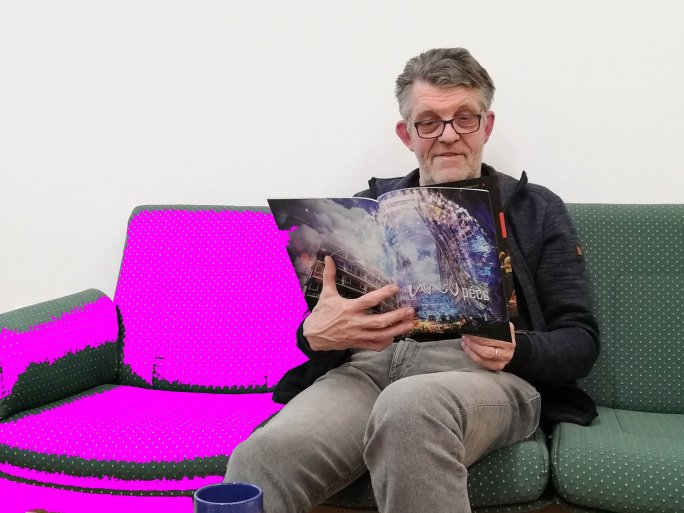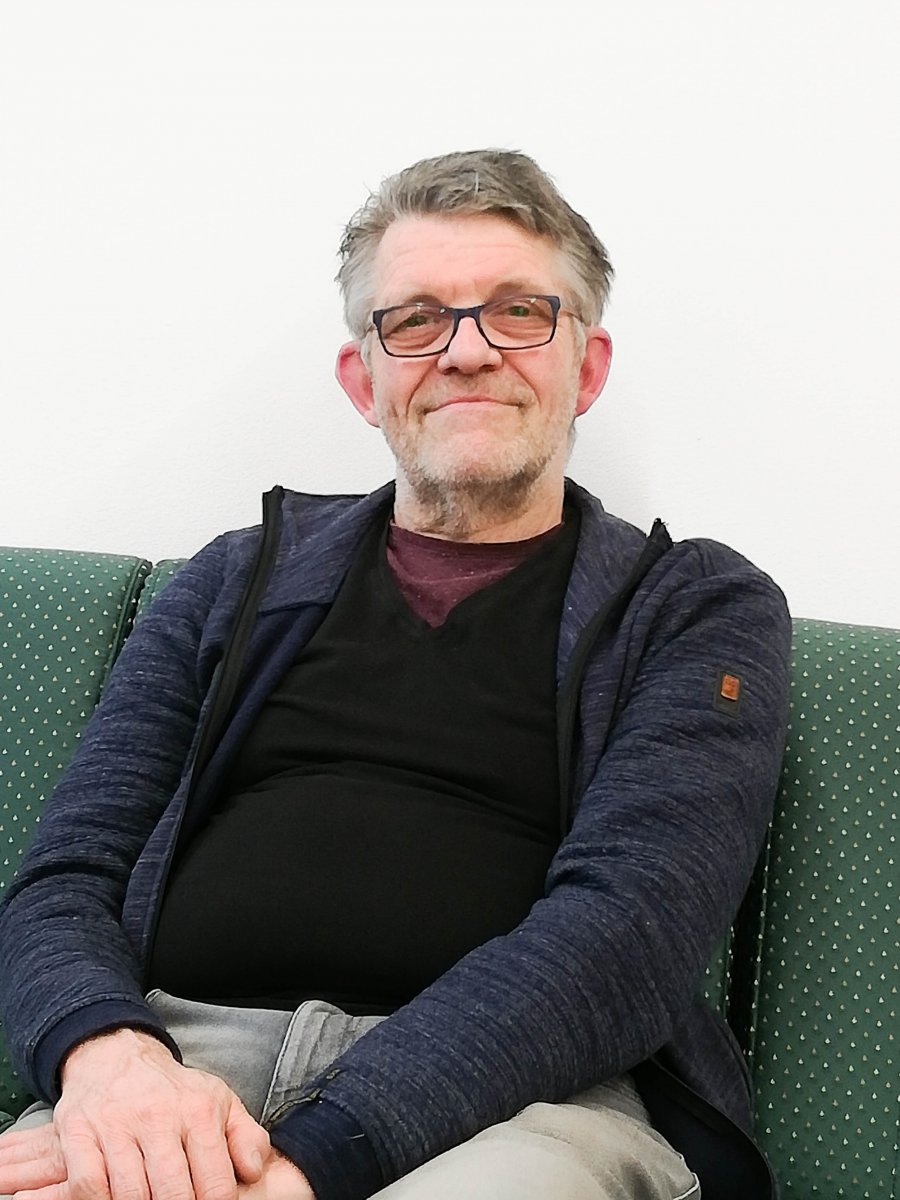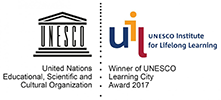The Man, who Collects Language Exam Certificates
2020
Sep
30
Interview with Christoffel Keuken from the Netherlands
You purchased a house in Magyaregregy, Hungary in 2011. Why did you choose that location?
In 2011, I traveled around in Central Europe and I have been to Hungary as well. I have fallen in love with the country, although I have not yet been to Baranya, only to the northern part, visiting Miskolc and Budapest. I often thought about living abroad after retiring. My wife found this house almost immediately, and we both fell in love with it right away. Then we bought it. At first, we only used it as a weekend getaway, but after retiring in 2016, we moved here permanently.
Your mother tongue is Dutch. What other languages do you speak?
I passed a C1 level ECL language exam in English last year. I am attempting my German C1 in February. I speak French, Italian and Hungarian as well.

Did you need to learn English, German, French and Italian for your job?
The first three, English, German and French were compulsory in high school in the Netherlands. I was ten, when I started learning French. That was my first foreign language, because French was famous for being difficult. I started learning English, when I was 12 and German at 13.
I am currently studying at the University of Pécs. Last year, I joined the Hungarian Literature and Linguistics BA program, but I transferred to Philosophy since then. The lessons are in Hungarian, and we only discuss texts translated into Hungarian.
We do not read English, German or French texts, because the students do not speak those languages. I find this weird, because when I started learning history in the Netherlands, we had to read texts in all three of those languages.
What was or what is the hardest part of learning Hungarian for you?
The word order is the hardest. The problem is that there is no rule for it, but it is important for understanding context. There is no such thing in Dutch. The word order does not depend on context. With Dutch as my mother tongue, French was difficult, but English and German were much easier.
English is relatively easy for us, because there are no dubbed movies in the Netherlands - all of them use subtitles; always.
There are many similarities between Dutch and German language. However, this is what makes it difficult at the same time, because there are only small differences, which are easy to miss.
What was your motivation to learn Hungarian?
Socializing with the neighbors. This was the first reason, which led me towards learning Hungarian. I wanted to at least be able to talk with my neighbors. On average, there are only three topics to talk about: illnesses, the weather, and how “everything has become so much more expensive”. That is all. Simple. After a while, I started jumping into different kinds of conversations.

Have you also read some Hungarian literature?
Yes. When I wanted to understand the language a bit better, I found a book series with the title Classics Casually. This is right around the level of a Hungarian high-schooler. This was great for me, because it gave me a chance to catch up, then I started to read Hungarian literature, for example György Spiró’s Captivity and some works from Imre Kertész.
How are the holidays we celebrate in Hungary, like Easter or Christmas, represented in the village?
The Easter Monday sprinkling was completely new to us! I have never heard of it before. One of my neighbors came over with a water bottle and started sprinkling us.
With a soda siphon?
Yes. I did not know what was going on! I had to look it up. Later on, I found out about János Lackfi and his book Homo Hungaricus, which is about Hungarian cultural peculiarities. I translated it to Dutch. I have not found any publishers yet, but at least the translation is ready.
Johanna FELCSER
- Log in to post comments
University of Pécs | Chancellery | IT Directorate | Portal group - 2020.






















